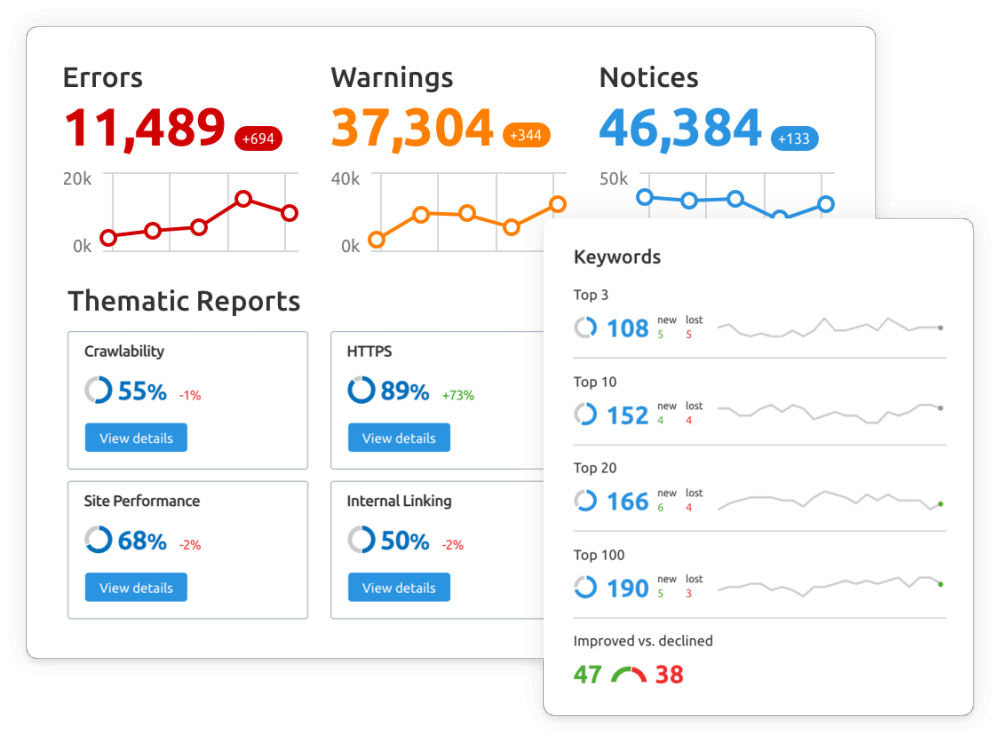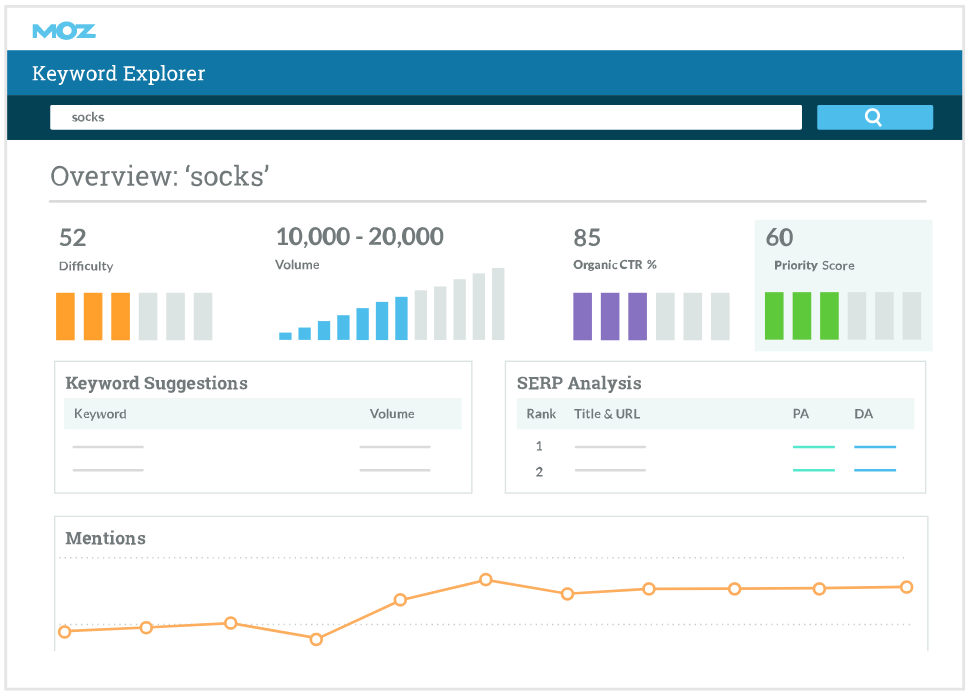
Due to the coronavirus outbreak, millions of people all over the world are working from home for
the first time. If your company is one of them, you may fear that this new reality will affect you
and the productivity of your entire staff. While this is a legitimate concern, there is still something
you can do about it.
Today, we’ ll be taking a look at some of the ways to minimize the productivity loss that may
occur now that you and all of your employees are working from home.
Communicate With Your Employees
If you forget to say something to your employees during a meeting, you can simply walk to them
and tell them what you missed the first time. But now, when everyone is working from their
home, it’s not possible to do that, which is why you need to make sure you tell your employees
all those details in advance to make sure all of them know what they need to do. By sharing
everything with everyone, you minimize the risk of having to deal with the consequences of two
people working on the same task or any of the other numerous miscommunication issues.
Other than communicating with your employees, you need to make sure you establish the
proper times and communication channels for employees to communicate with you and each
other. If you prefer using instant messaging for daily check-ins but email for reporting, make
sure your employees know that. Also, inform them about your availability so that they know
when to expect an answer from you.
Make Sure All Your Employees Track Their Time
One of the biggest concerns managers have with remote work these days is whether or not their
employees are doing the work they are being paid to do. By having employees track their time,
you’ll be able to see any of them are not productive and you’ll be able to predict if some
deadlines are going to be missed. For your employees, time tracking provides them with
visibility and integrity. Time tracking can also help you allocate your resources, organize
workload properly and ensure accountability.
The most rudimentary way to track time is to use a stopwatch or a clock and just write the time it
took to do a certain task. Most companies, however, use a time tracking tool such as Workpuls,
which does most of the time tracking work for them.
Properly Manage Expectations
While the form of working from home isn’t so different from office work, we recommend that you
still talk to your employees and your management team and try to figure out what work can be
done while working from home during all this. Determine all your top priorities and try to get
everyone to focus on the most important tasks.
Managing expectations isn’t a one-and-done thing. You’ll continually have to adapt to the
current situation and your company’s needs as everything develops. Be open with your
employees and everything that’s not working and try as best as you can to overcome those
issues.
Recommended article: Workpuls – Employee Monitoring Software with Time Tracking
Get Your Employees to Chat With Each Other
People that usually work in the office tend to talk about non-work matters whether by the water
cooler or during lunch. When people get displaced from their office to their homes, these
conversations can get lost. Non-work conversations are an essential part of work socialization
and when these sorts of conversations don’t exist anymore, people can sometimes feel isolated.
To make sure this doesn’t happen to your employees, encourage them to still have those casual
conversations with each other. You can do this by organizing happy hours, coffee breaks via
video conferencing tools, etc.
Be Transparent and Open
Transparency is one of the key aspects of successful remote work. By being open and
transparent with each other, your employees can work together more easily. To introduce
transparency into your organization, always insist that everyone is accountable. To do that, you
need to have each of your employees report back on their work output in a way that is easy for
everyone to access. This is another way you can keep track of everyone’s progress on each of
the projects they’re doing.
Final Takeaways
While the coronavirus outbreak has forced many people to work from home and many business
owners are concerned with potential productivity loss, there are still things to do to make sure
that it doesn’t happen to your company. First, you need to communicate with all your
employees. You also need to share as much as it’s needed for them to properly do their jobs.
When communicating, certain rules – like time, means, and frequency of communications need
to be applied. Other than work-related communication, you need your employees to talk about
non-work related things and try to transfer those water cooler chit-chats to the virtual space.
Properly managing expectations is a key factor in making remote work, well, work. And finally,
not forgetting to be open and transparent with your employees ensures that everyone is still on
the top of their game, even in times like these.





